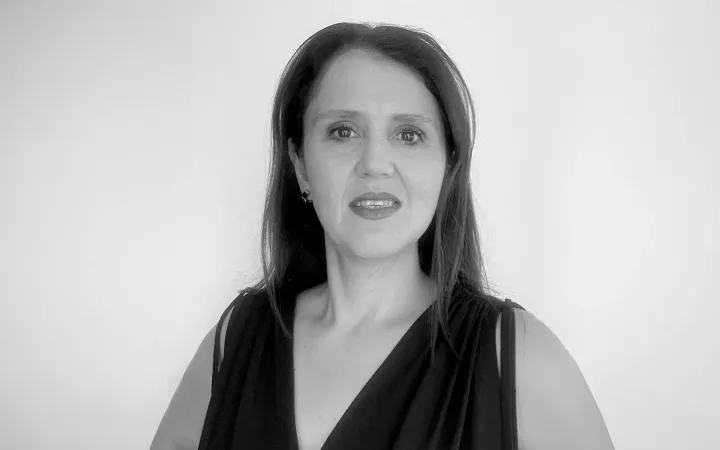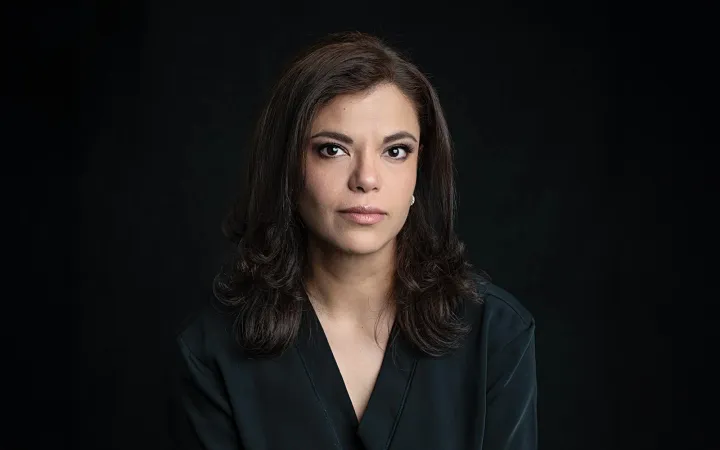Por Melisa Arzate Amaro
¿Cómo dar sentido a una serie de imágenes si se proyectan violentamente, una seguida de cientos más, fragmentos indescifrables, lamentos en rostros estupefactos, alaridos acallados por el tiempo, cuerpos diminutos y famélicos ya sin huella de identidad ni tiempo? ¿Cómo comprender que, contiguas al horror, con la misma realidad y contundencia, habiten la incondicionalidad del amor, la inevitabilidad del deseo y la más absoluta transparencia de la verdad? Todas realidades, contemporáneas y mutuamente incluyentes, se dan cita en el misterio de la poesía, convulsionadas, sorpresivas e hiperbolizadas, tal como conviven en una cotidianidad casi imposible de entender. Intento, con una mano, nombrar lo que no comprendo para aprehenderlo y proveerlo de cierto sentido; con la otra, trato de capturar la belleza de actos y gestos, reliquia que da cuenta de que el amor no sólo es posible aún, sino que es, quizá, lo que mantiene a flote a la humanidad frente al horror de realidades desquiciantes que, aunque lejanas, están ahí, alertándonos de la persistencia de la atrocidad humana y la inevitabilidad de una insignificante muerte.
Me niego a ignorar las guerras que al herir y mutilar a unos, nos masacran a todos en espíritu y concepción del ser en el mundo; tampoco quiero apartar la mirada de los desaparecidos que se suman para sembrar este territorio de duda y miedo de siquiera existir; mucho menos puedo o quiero olvidar los miles de feminicidios que acechan con tanta normalidad como las miradas lascivas sobre niñas y mujeres que merecen vivir sabiéndose seguras y libres. Atestiguo, capturo con palabras y recreo con imágenes ese espanto para hacer sentir a quien lee, a ese otro que ha decidido abrirse a la herida, el pensamiento y la posibilidad de la conmoción. En el fondo de mi poesía lo que subyace es un manto acuífero poblado de recuerdos infantiles, obras de arte que restituyen la fe en la mente humana, signos de admiración ante la naturaleza indómita y el portento científico que la cobija: pulsiones de vida, fertilidad y amor, otro, la mayor parte de las veces, desconocido. Las palabras, una a una, son olas que rugen al choque consigo mismas y rinden homenaje a la maravilla del lenguaje: eso tan pura y absolutamente humano, madre y padre, principio y fin, testimonio de la humanidad a lo largo de todos los tiempos.
Escribo, entonces, como una estrategia de pensamiento crítico e ideológico y, simultáneamente, como una alabanza a los seres, acontecimientos, memorias y cosas, que suscitan amor, en cualquiera de sus formas. El resultado, de momento, puede verse en los libros Titila Sangre (Ediciones Periféricas) y Entera Nueva (Elefanta) que aspiran a seducir al otro con una construcción hecha de palabras, profusa en decorados, detalles y conexiones con todo el que vive en este tiempo para, una vez capturado por esa sonoridad, moverlo hacia una reflexión compartida. Entonces, quizá, ese otro se una conmigo y pose la mirada en territorios aparentemente lejanos, sucesos que continúan sus efectos en el presente y heridas abiertas que, aunque parezca contradictorio, nos permiten palpitar y anhelar sentir. Ahí nos encontraremos, ahí, en el puente, orilla y balsa que da la poesía, para bucear en lo más profundo de nosotros mismos.

Las opiniones expresadas son responsabilidad de sus autoras y son absolutamente independientes a la postura y línea editorial de Opinión 51.






Comments ()